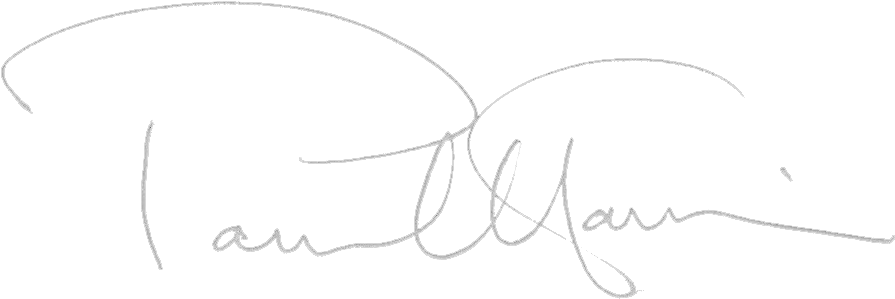In the Summer of 2000 I had the great pleasure of meeting James Gillespie, editor of The Clarinet Journal, during the International Clarinet Association (ICA) convention in Oklahoma. James asked me if I would like to contribute a regular column – an invitation that I found both humbling and daunting! The following ‘Letter from the UK’ was first published in June 2007 in The Clarinet Journal, the official publication of the ICA.
We clarinet teachers often play duets with our pupils. Among the ever-increasing duet repertoire, we all know the three Crusell duets, those of Mozart and Poulenc and all those grandiose, almost symphonic works that appear towards the end of the similarly grandiose and symphonic Klosé tutor. But I’d like to draw readers’ attention to three interesting duets by British composers that may well be less familiar. The first is by Alan Frank – the other half of the Thurston and Frank Tutor. Frank was Head of Music at Oxford University Press for many years and was a clarinettist himself. I had the great pleasure of meeting Alan a few years before he died. He was a delightful, lively and highly articulate musician, editor and writer. We met at a colourful Chinese Restaurant in London and enjoyed a very engrossing conversation about the composer William Walton (who he had edited), Phyllis Tate (who he had married) and Frederick Thurston (his teacher). The duet in question is called simply Suite for Two Clarinets, which was somewhat of a landmark work. Aside from Poulenc, composers hadn’t taken up the clarinet duet as a viable genre. This Suite changed that, and the number of works for teaching, amateur and professional use thereafter is of course very significant. It was composed in 1934, recorded in 1936 and dedicated to Thurston and Ralph Clarke who sat next to each other in the BBC Symphony Orchestra for many years. It is highly melodic, humorous and, in places, quite jazzy. An entertaining and very useful piece.
In the 1960s, Thea King and Stephen Trier both played in the Vesuvius Ensemble, a chamber group that was originally set up with the specific purpose of giving performances of Schoenberg’s Pierrot Lunaire. The ensemble was in residence at the famous Dartington Summer School in the summer of 1967. Also teaching on the course was the young composer Richard Rodney Bennett. Thea woke up one morning and discovered some sheets of manuscript paper on the floor, which someone had slid underneath her bedroom door. That someone was Richard Rodney Bennett, who had composed a delightful four-movement work for her, literally overnight! This original version of Crosstalk was in fact written for two basset horns but published later in a more practical version for two clarinets. Thea, who recorded the work (in its first incarnation) with fellow basset horn player Georgina Dobrée, is quite adamant that the piece loses something in translation, but nevertheless we still have this extremely effective and highly skilfully written work readily available. If you don’t know it, don’t delay in purchasing a copy!
The third duet is by Sir Malcolm Arnold. In the late seventies Malcolm had a severe mental breakdown and it seemed that he might never compose again. After two and half years in a mental hospital things looked bleak. However he was nursed back to health by his devoted carer Anthony Day who encouraged Malcolm to begin composing again. Anthony was well rewarded: all sorts of orchestral, chamber and instrumental works date from this final period of Malcolm’s compositional life. In 1986 Malcolm wrote his last symphony (his ninth) and, two years later (in July 1988) he produced a very quirky and arcane little Divertimento for Two Clarinets. I asked Malcolm many times if he wrote it for anyone in particular, but it would seem that he simply wrote it because he wanted to. There are many similarities between the six movements of the Divertimento and the introspective Mahler-inspired 9th Symphony. Both combine a certain wit and lyrical melody with moments of darker and almost other-worldly writing. It’s a fascinating little piece and well worth exploration. With a little explanation, audiences find it both intriguing and compelling. The chamber ensemble East Winds has just brought out a wonderful new all-Arnold wind music CD (on the Naxos label) that includes the Divertimento as well as the world premiere recording of the Wind Quintet Op.2.
Happy duetting!

